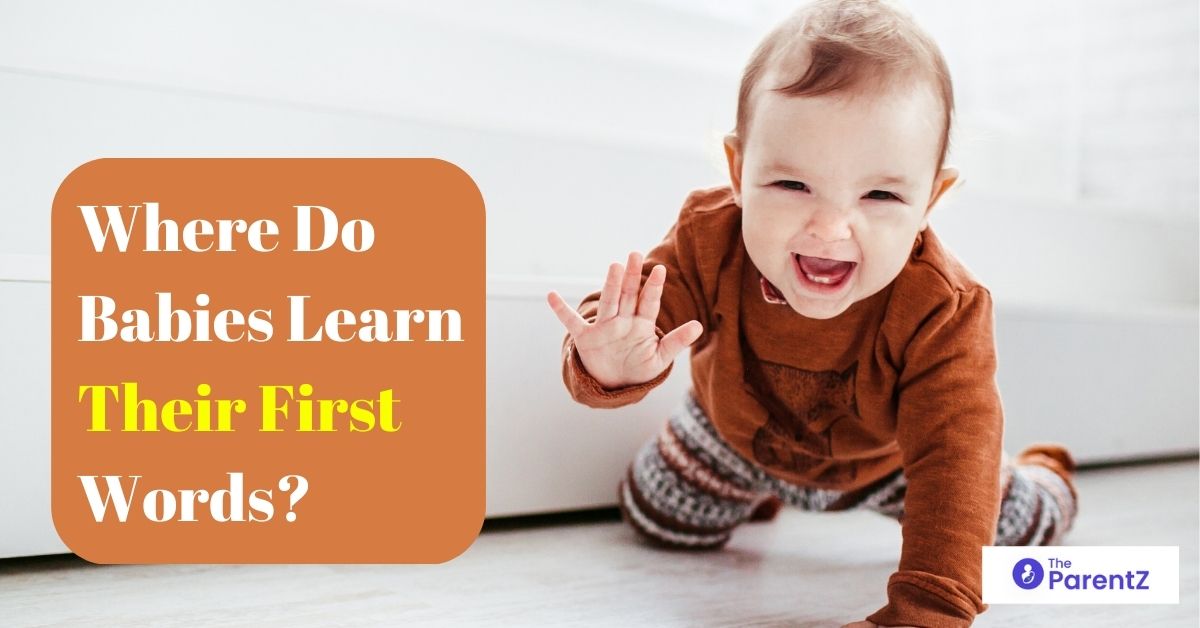Your baby’s first words will be better than music to your ears. As a parent, you will definitely be waiting for the first “coo” or “ma ma”. Pediatrics say that babies are already born with a good set of vocal cords that enable them to communicate, if not speak, and they are always on the lookout to pick up sounds from their surroundings. Hence, the bigger question than “when do babies start talking?” is “where do they learn their first words from?” as you can then effectively use the right sources and get your baby to speak quite early.
Babies learn from their surroundings
Professor of psychology Kathy Hirsh-Pasek, of Temple University, recently revealed in her research that babies learn to speak their first words by naming objects that they find interesting. This is exactly in lines with the human trait of picking up knowledge as we are all naturally driven towards things that spur curiosity. It bursts the prevalent myth that your baby’s first words come early if they continuously hear you speak a certain word. As per professor Hirsh-Pasek’s research, your infant will simply not mimic you if he/she does not find it interesting.
And if you think logically, the answer to how do children learn language is not that complicated. Your child may start referring his/her bottle as “boo boo” or “ba ba” as it is certainly an object of interest to him/her as it contains food. Next may come “ma ma” which your child will use to refer to his/her mother as he/she now knows that she is the caregiver around.
What can you do then?
Pediatrics say that there cannot be one right answer to when a baby boy should start talking. They believe that infants start comprehending words spoken around them as early as 3 months and try to communicate from 6 months onwards. So, if the objects of interest have to be his/her motivation to speak, you can reinforce your baby’s act of speaking by reciprocating to his/her all forms of communication.
- Respond to the non-verbal communication like spreading his/her arms to get on your lap. Pick your child up and appreciate him/her for expressing.
- Talk to your baby by showing his/her objects of interest. Like, “we are going to have milk now” and “this is chicken that we are having”.
- Mimic your baby’s “boo boo” and “ba ba” while handing him/her the bottle. Even when you are not the direct source of his/her first words, your child will still need you to reinforce that he/she is right.
- Read aloud to your baby from his/her favourite book. Use that time to show pictures and repeat the terms you want him/her to learn.
To reiterate, your baby’s first words will come from the subjects of his/her interest. So, use those items to teach him/her to speak rather than merely repeating random terms in front of your child. Try not to rush to find the answer to when a baby girl should start talking. Hang in there as all babies start on their own time. Get your sources right and keep your patience.





Be the first one to comment on this story.